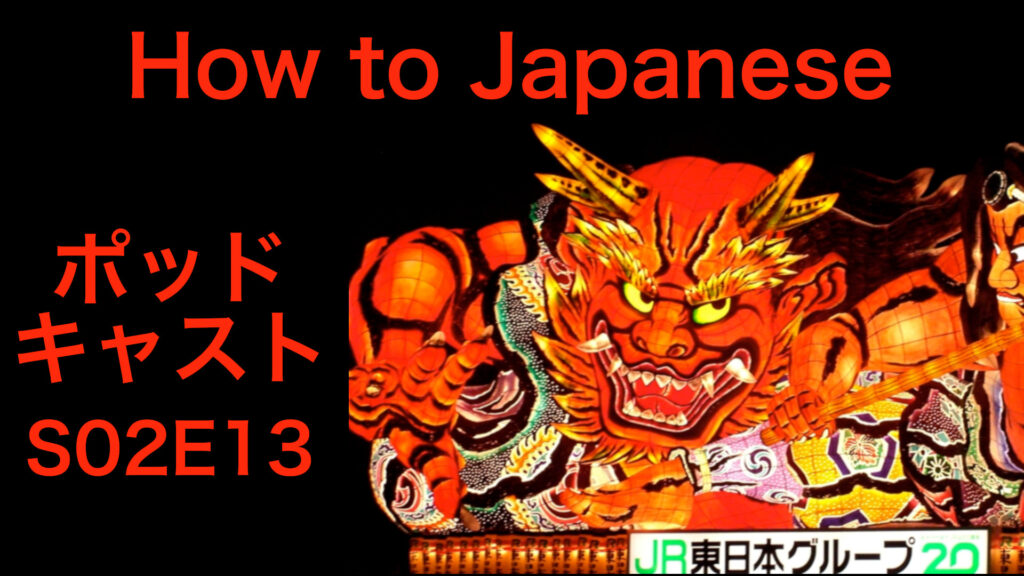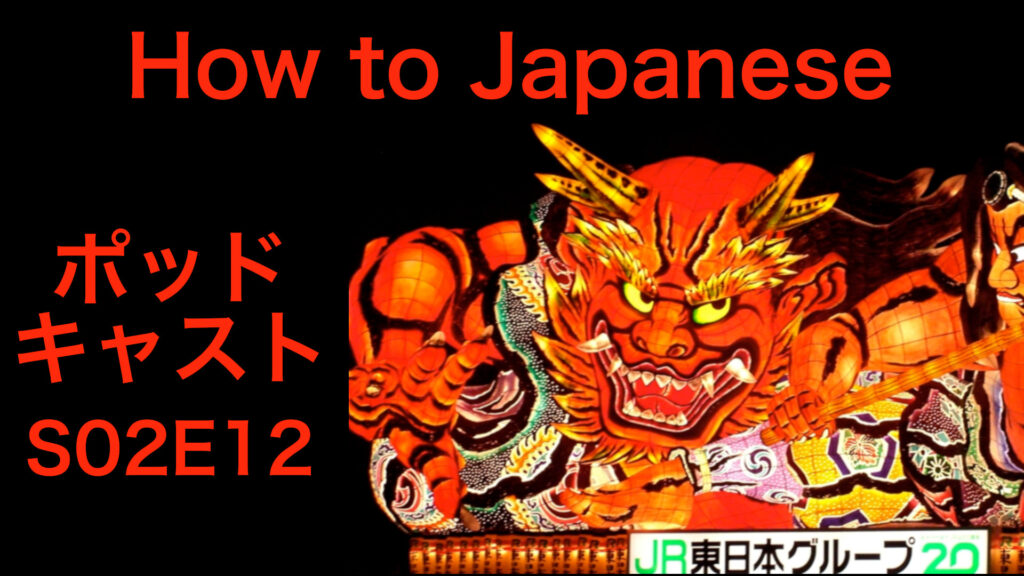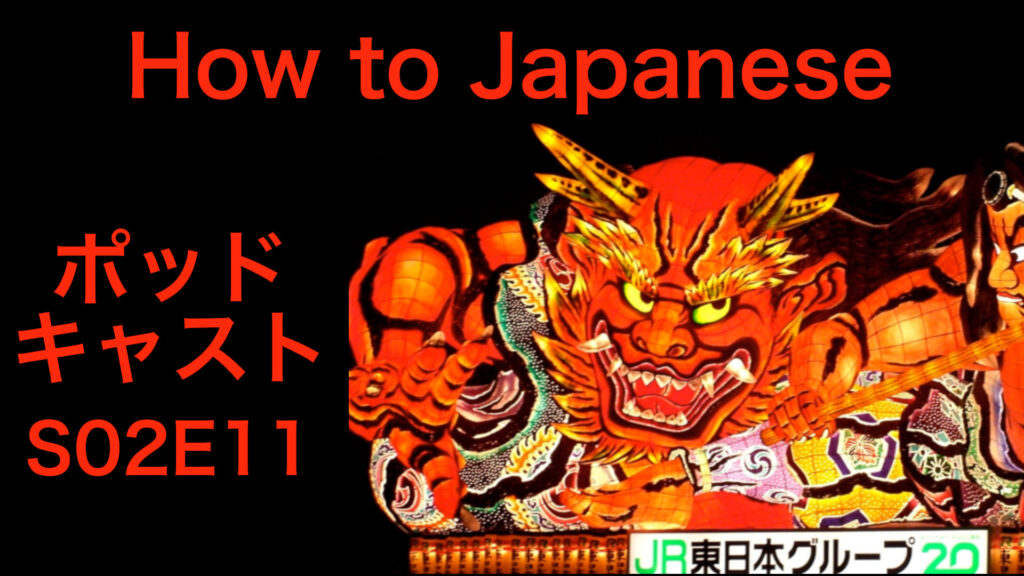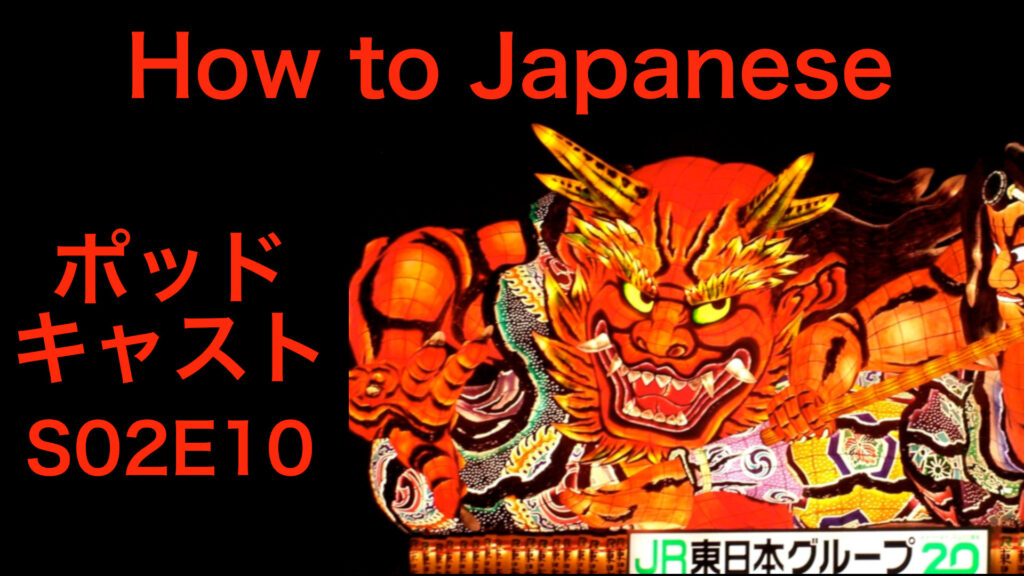
Mercedez Clewis is a Japanese to English localization editor and proofreader as well as a pop culture writer and critic with websites like, Anime Feminist, But Why Tho, and the Anime News Network. She also has previous worked with Siliconera, which is where she got her start with Japanese to English translation. After earning her Bachelor’s and Master’s in History, she taught on the JET Program in Fukushima Prefecture for four years and is currently in the process of returning to Japan. See her website here.
- Japanese Classes
- University of Missouri-St. Louis
- Intensive language program at Washington University
- Japanese Festival – Missouri Botanical Garden
- JET Program and first time in Japan
- Fukushima Prefecture
- Going to a Japanese hospital
- Teaching on JET
- Empathizing with students
- Socializing with teachers at 忘年会 (bōnenkai, year-end party)
- Elementary school vs junior high vs senior high
- Criss cross
- Holiday lessons
- “You get out of JET what you put into it”
- Improving as a teacher
- TEFL Certification
- Prefectural conferences
- JET salaries
- Small pay raises added
- Rural vs urban savings rates
- JET application advice
- “Be earnest”
- “Be humble”
- Becoming part of the community, being open
- JETs of African Descent
- The importance of having a diverse community for support while on JET
- Writing and translation/localization work
- Jenni Lada, Siliconera
- The power in being able to say yes or no to a new project
- Being humble, being open to help
- Maisy Hatchard, Boardgame translation
- Blogging about life in Japan
- Anime Feminist
- Fandom
- How do you find new manga to read?
- Recommendations from Twitter
- Following new releases in translation
- Taking a chance on a new manga
- Karaoke songs


 Brian Epstein is a patent attorney with
Brian Epstein is a patent attorney with 